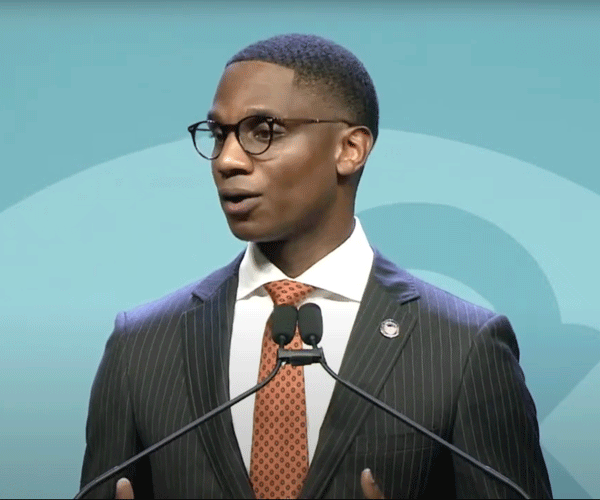She came to this summer's Family Unity Day in the Park festival to campaign, not to dance. But 65-year-old C. Ellen Connally ended up onstage with Morris Day and the Time, shaking her hips to their 1984 hit "The Bird" nonetheless.
"That's a classy act, someone not too big for her britches," says city councilman Zack Reed, who invited the retired judge and county council candidate backstage as his guest.
Connally's the feisty bookworm of Cleveland politics, a historian and legal scholar whose integrity belies a courageous bluntness. Poised to join the new Cuyahoga County Council and maybe even become its president, Connally could prove to be the kind of leader Greater Cleveland is searching for after its corruption scandals: someone trustworthy and bold, willing to break old taboos and habits, even if it means challenging longtime political players.
Last year, Connally ripped into George Forbes, the growling old lion of black politics, for accusing Euclid officials of racism because they prosecuted a 75-year-old woman who beat a deer to death. Her Plain Dealer op-ed called Forbes an "out-of-touch, salty-mouthed curmudgeon" and claimed he'd tarnished the local NAACP by exploiting the race card.
If Connally beats two independent candidates Nov. 2 to win the seat, she and state Sen. Dale Miller will likely compete to become council president. Even Forbes has forgivingly nudged her to take a shot at the job.
"I'm interested," Connally says. "I think I bring the integrity, the representation of the black community and the leadership skills. But I've got to win the election first."
Connally, who lives near Shaker Square, left Cleveland Municipal Court in 2004 after 24 years on the bench. She's had a very active semi-retirement. In 2006, Mayor Frank Jackson appointed her as a special prosecutor to rule on the cases of five suspects shot to death by Cleveland police. Enraged residents wanted the cops prosecuted. The police demanded City Hall's support. Connally ruled four of the shootings justified and said officers in the fifth case were "arguably overzealous" but should not be charged.
"It was a tough job, a very, very tough job," she says. "I had to call it like I saw it."
As a visiting judge, Connally bluntly admonishes women to leave abusive men. "If you take this guy back, then it's on you," she told marriage counselor Tonya Hunter-Lyons in April while sentencing her husband, Maurice Lyons, to 45 days in jail for domestic violence. "I will not have any qualms if I look in the paper and see Ms. Hunter got beat up again." Hunter-Lyons, who didn't take Connally's advice, was stabbed to death in July; her husband, charged with murdering her, awaits trial.
"Some domestic violence people accused me of blaming the victim," Connally says. "I'm not blaming the victim, but you've got to make a choice. You made a choice when you met this guy. ... What else is the judge supposed to do? Say nothing?"
Connally's been just as candid as she campaigns across her county council district, which includes southeast Cleveland and eight suburbs. She warns the council will have to "ride herd" on the county executive to make sure he doesn't abuse the new office's "tremendous" power. "We're going to have to be ever-vigilant," she says. She wants to use the council's authority to approve executive appointments as a safeguard against cronyism and politics as usual.
"We can't just say, 'We've got to have a trade-off. We've got to have one white male and one black minister and one white schoolteacher.' [We need] people who really understand."



